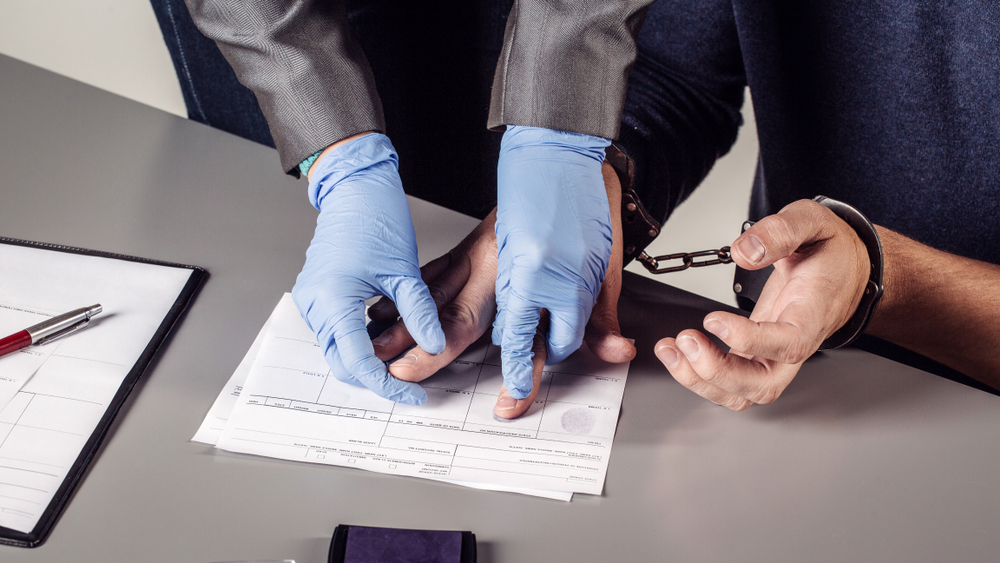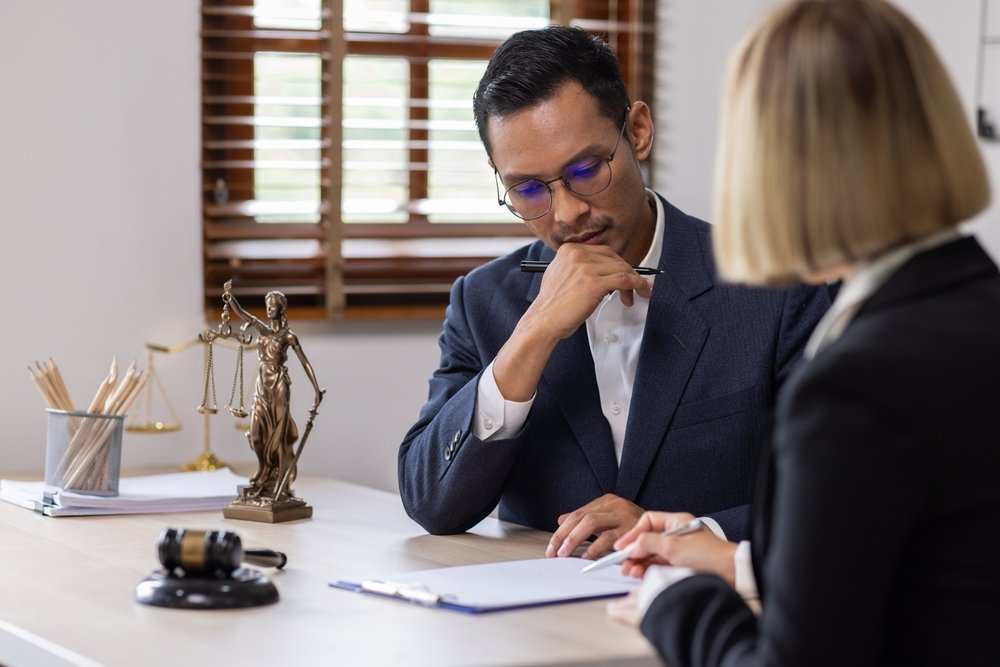
Do you need to attend a court matter for a crime you did not commit? Allegations of any kind are stressful, so it’s important to have a criminal defence lawyer on your side who understands your case and can create a defence strategy that puts you in the best position.
Whether the police have significant evidence on you or you’re worried about the outcome of a family member, you want to know that your lawyer of choice has legal expertise. If you need representation when facing a criminal charge, this article will explore what separates a mediocre lawyer from a reputable one.

What are some key qualities that are essential for a criminal lawyer to have? From legal expertise to strong defence strategies, these qualities will ensure you invest in the right lawyer for your circumstances.
Criminal defence law is highly specialised, and not all lawyers know this field of practice. For example, if you are accused of a white-collar crime or a traffic offence charge, you want a lawyer who can confidently tackle your case.
What does your lawyer need to know that is non-negotiable when conducting legally aided trials in an effective and economical manner?

All in all, a criminal lawyer familiar with the Victorian court system can guide you and provide valuable insights throughout your case. For more information, look on the Legal Aid website.
To successfully represent people in court, a criminal lawyer must have hands-on, proven experience in court that matches what you’re looking for.
A lawyer in criminal defence who has dealt with similar cases–such as drug charges–will know the best approach to take, the legalities surrounding your position in court, and how to navigate this in the Australian criminal justice system. Let’s look at a May Lawyers case study:
A client was charged with exceeding the speed limit by 45 km/hr or more, and on a finding of guilt, he faced a mandatory minimum of 12 months’ licence loss. Police alleged they had detected him on a radar travelling at 135 km/h in an 80km/h zone. Our client admitted he was speeding but not going that fast.
Throughout the disclosure process with the prosecution, we discovered that another vehicle had been travelling alongside our client at the time police made the radar detection. Through cross-examining the police members at a contested hearing, we were able to cast doubt on which vehicle they had detected.
Our client was acquitted of exceeding the speed limit by 45km/h or more and found guilty of the lesser charge of exceeding 35 km/h. This meant he only lost his licence for six months instead of 12. Due to our client offering to plead guilty to that charge at an earlier stage, police were ordered to pay his legal costs.
When researching a criminal lawyer, look at their example cases and success rate. Although experience doesn’t always equal the win you’re hoping for, this increases your chances of achieving a favourable outcome. To be completely prepared before your first legal appointment, have a read of the top questions to ask a drug offence lawyer!
Legal jargon isn’t always easy to understand, and a criminal lawyer with effective communication skills can clarify it.
An approachable, honest lawyer will help you understand the law regarding charges, available plea options, court procedures, and legal issues that can arise during the court process. What are some good questions you can ask?
Court proceedings take an emotional toll on anyone, so it’s equally essential for a lawyer to be empathetic and understanding of what you’re going through. There should always be respect for your reputation and well-being and concern for where your case is heading.

When it comes to being fairly represented, your lawyer must be committed, determined, and focused to get you the best result possible.
In terms of analytical skills, the lawyer needs to carefully consider the evidence of criminal charges and provide you with honest advice about your case. They need to be detailed and thorough when preparing your case for trial, considering all possible defences.
Let’s look at some powerful defence tactics:
Are you meeting with a lawyer and don’t know what to say? Have a read of what you should know when preparing for your first meeting with a criminal lawyer!
According to the Victorian Legal Services Board Commissioner, lawyers have strict legal obligations to their clients. A criminal lawyer is obligated to act in your best interests when representing you, generally follow your lawful instructions, give you clear and timely advice, do their work competently and diligently, and not disclose confidential information to any other person. Let’s look at a lawyer’s duty to the criminal justice system:
Additionally, these regulatory guidelines outline a lawyer’s conduct when providing information to the police. What is acceptable when dealing with clients and their associates?
Integrity and professionalism also include the cost of legal services. A criminal law firm must be transparent on fees and payment structure so you can make informed decisions on financial commitments.
You will want to discuss payment upfront before signing any agreements. Whatever you decide to do, fees paid to your lawyer are an investment in the outcome of your case.
Criminal defence lawyers must maintain professional boundaries and be mindful of situations where they can be exposed to information about potential criminal activities from individuals who aren’t clients. Even lawyers with the best experience need to be aware of their obligations.
If you’re looking for a successful lawyer with excellent communication skills who can support you with a favourable outcome, May Lawyers has the legal knowledge to support you. Our criminal lawyers help Frankston, Cranbourne, Dandenong, and other South Eastern Suburbs.
Whether you’re dealing with theft, fraud and robbery, assault and violence, bail applications, or criminal trials, May Lawyers are compassionate, professional, and always strive to give you the best income.
When it comes to losing your licence, reputation, and even your liberty, you need someone you can truly trust in your time of need. Available 24/7 for legal advice, Will May brings a decade of experience in criminal law and is one of the few recognised by the Law Institute of Victoria as an Accredited Specialist in the field.
Contact us today for free, no-obligation legal support if you’ve been arrested.